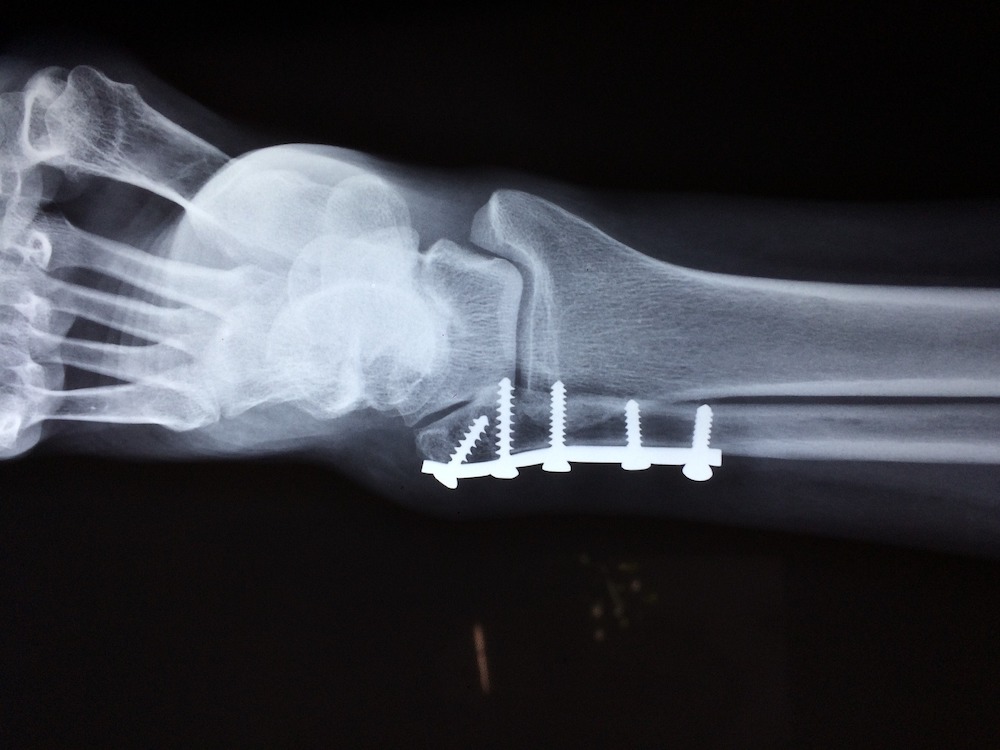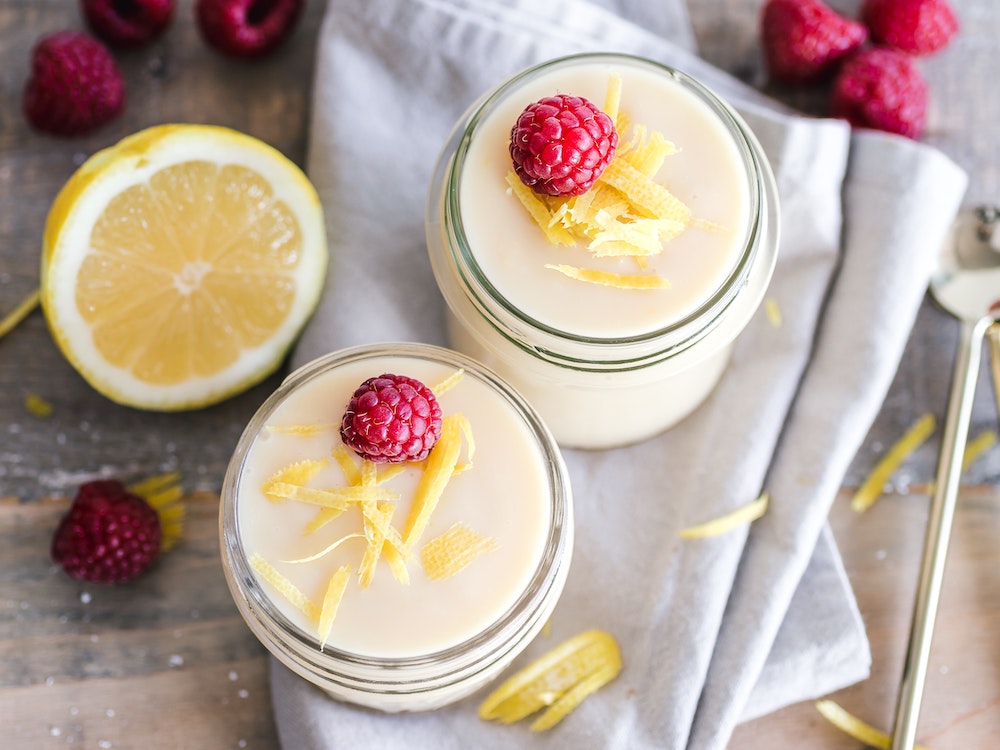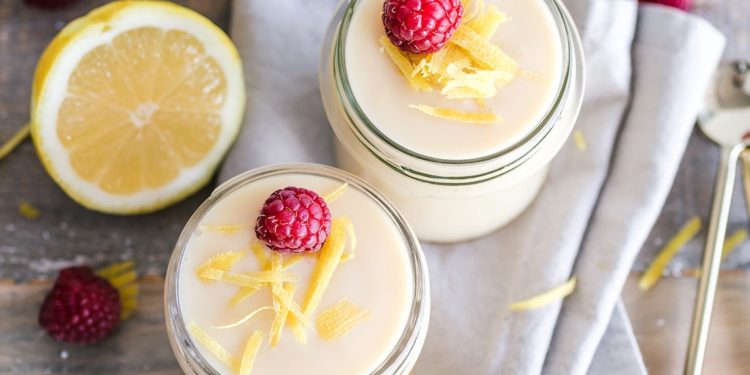Let’s talk about bacteria.
Mention bacteria, and most people would recoil in disgust. On the contrary, did you know that not all bacteria is bad; and that there are actually both good and bad bacteria? These microscopic organisms are the root cause of multiple diseases, but they also have multiple benefits.
And now, believe it or not, bacteria have also been said to have the ability to accelerate healing!
What’s that again?

You read that right. Studies carried out at Hubei University in Wuhan, China tested whether coating an implant – used for bone fracture surgery – in bacteria could help speed up the recovery process. During bone fracture surgery, a metal implant is usually attached to the broken bones. This is to enable the bones to maintain their alignment during the healing process, where the bone melds together with the metal.
The bacteria used was called Lactobacillus Casei, which is known to achieve a balance in the immune environment, release antibacterial properties, and enhance tissue generation.
How was this carried out?
The test subjects were rats with broken tibias. Three of these rats were treated with the usual implants; the other three had implants that were coated in the bacteria. The rats and their bone structure were then monitored over a duration of four weeks.
Interestingly, at the end of those four weeks, the rats with the bacteria-coated implants had a 27 per cent increase in bone tissue, as compared to a lower 16 per cent increase in the rats that had the normal implants.
Besides healing, the researchers also tested if another type of bacteria – the multi-drug resistant MRSA bacteria – would help to reduce infection. By coating their L. Casei-covered implant with this other MRSA bacteria, they found that 99.9 percent of pathogens were dead after 12 hours. Imagine that!
What else is bacteria good for?
Overall health
Unbeknownst to many, we actually need bacteria in our bodies! Most of these bacteria can be found in the gastrointestinal tract, but bacteria can be found in places like our skin as well.
The bacteria in our bodies help to break down the food we eat, and ensure that our body’s immune system is well-balanced. For example, bacteria help our bodies break down carbohydrates and sugars, absorb fatty acids, and keep toxins in check.
Boosting of digestive health
Bacteria is especially beneficial for the digestive system. One example of this is probiotics, comprising live yeasts and bacteria that help to balance both the good and bad bacteria in your body.
Probiotics can help those that are lactose-intolerant, have a weak gut, or those suffer from irritable bowel syndrome or other digestive issues.
Creation of fermented substances

Have you ever wondered how yoghurt or kombucha comes about? Multiple strains of bacteria are used to ferment milk in the process of producing yoghurt. The live bacteria found in yoghurt, for example, contains lactase, which aids lactose digestion when it reaches the intestine.
Such fermented foods have been known to boost overall health, such as reducing risks of heart disease, certain types of cancer, obesity, and so on.
Production of antibiotics

Ironically, good bacteria is used to create antibiotics, such as Penicillin, which help our bodies fight against the bad bacteria. It’s basically the battle of good versus evil!
Antibiotics are a product of nature, and are produced by both fungi and soil bacteria.
Bet you never knew all these about bacteria – it turns out that, whether we like it or not, bacteria is an essential part of our lives, and they’re here to stay!
Join the conversations on THG’s Facebook and Instagram, and get the latest updates via Telegram.














